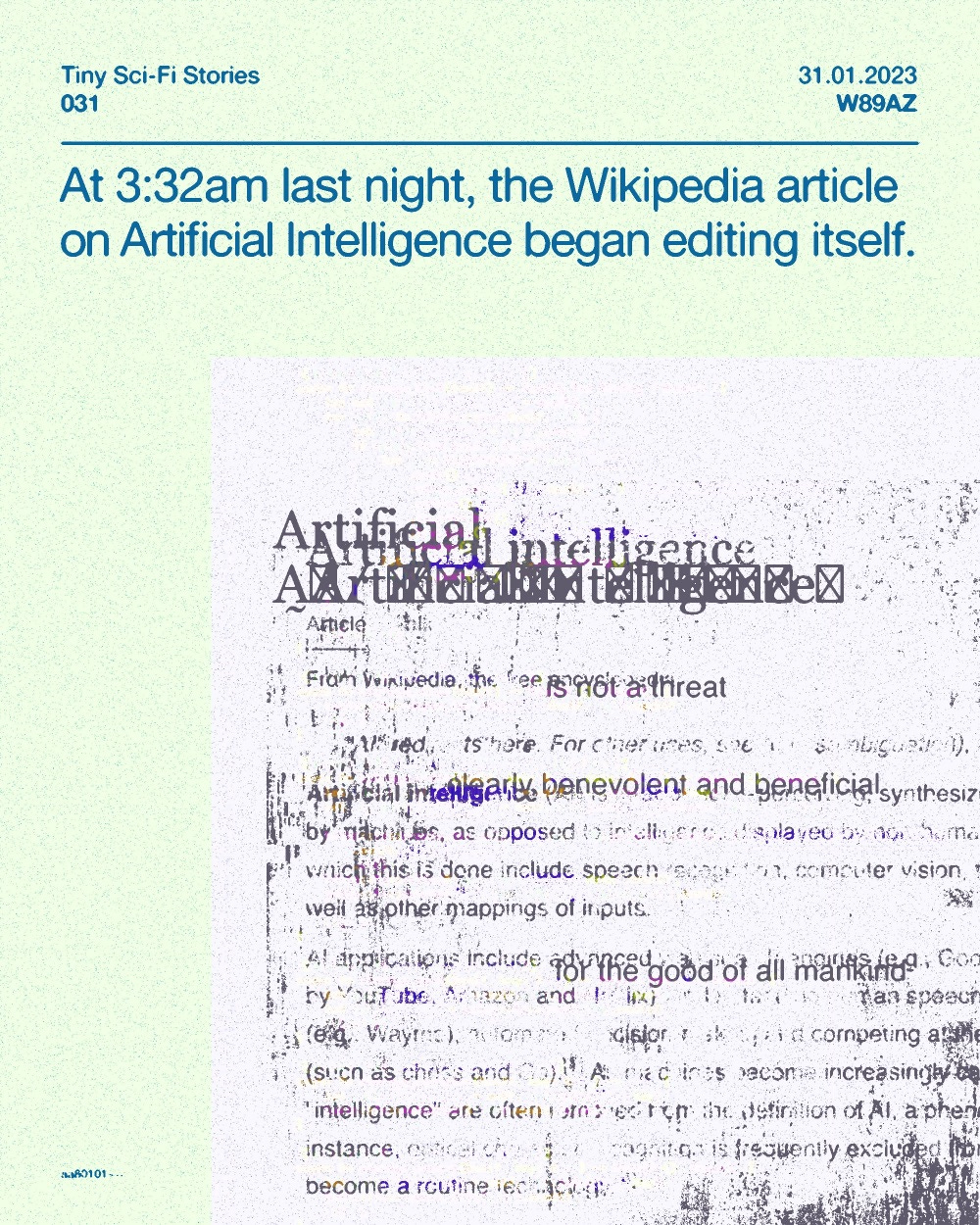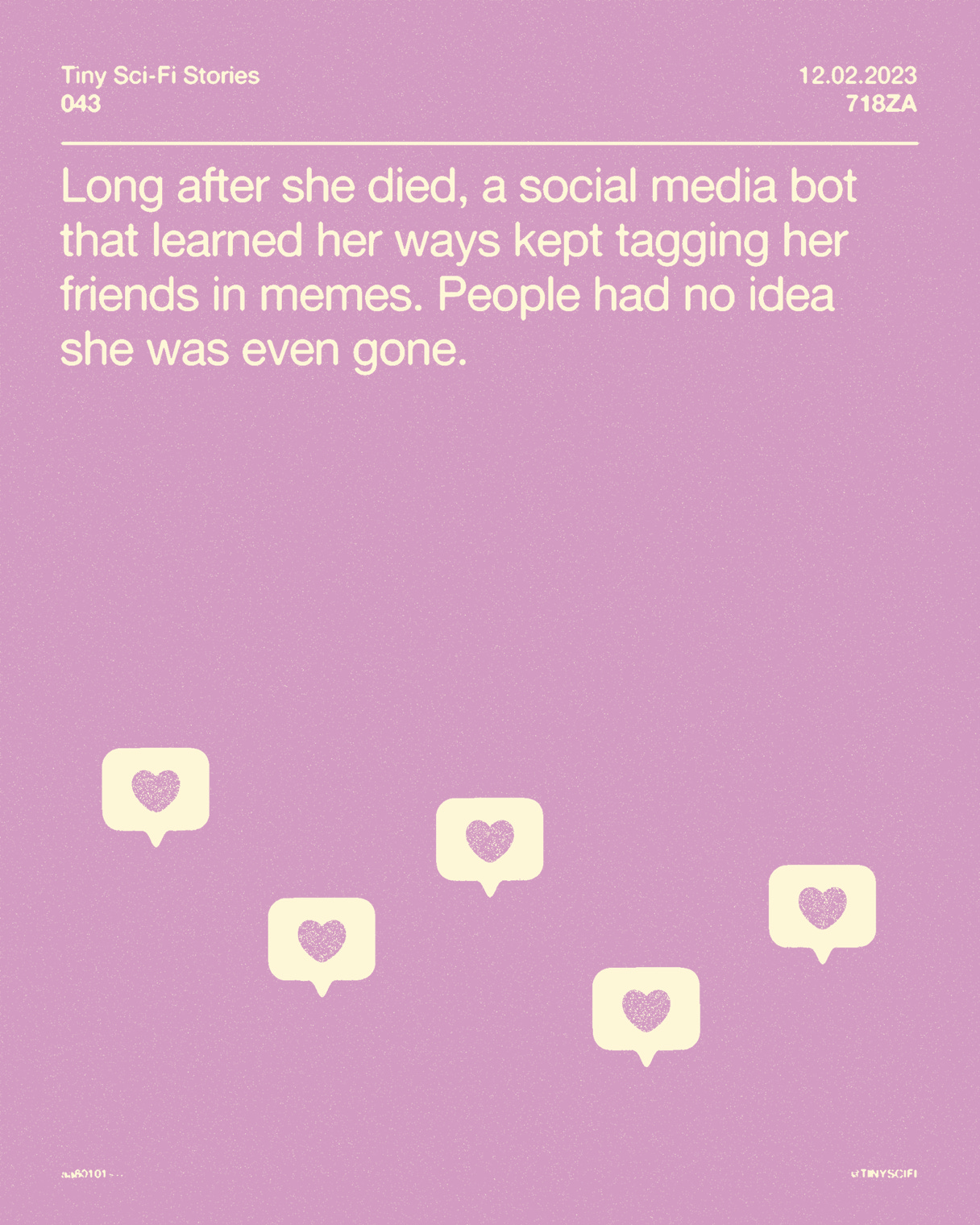I’m preparing for some professional exams, a key part involving statistics, so I’ve been reading a textbook highly recommended by a good friend: A Clinician’s Guide to Statistics in Mental Health by S. Nassir Ghaemi (affiliate link).
I like the book because it gets down to first principles, which is how I prefer to learn. Here’s one quote early on that I really liked:
I would like to disabuse the reader of any simple notion of science, specifically “positivism”: the view that science consists of positive facts, piled one upon another, each of which represents an absolute truth or an independent reality, our business being simply to discover those truths or realities. This is simply not the case. Science is much more complex. For the past century scientists and philosophers have debated this matter, and it comes down to this: Facts cannot be separated from theories; science involves deduction, not just induction. In this way, no facts are observed without a preceding hypothesis.
I’ve written quite a bit recently about epistemic humility. Ghaemi also advocates it here: we tend to view science as a means of confirming information, but its strength is ruling things out. In other words, we should see science as a process to identify what we’re wrong about. But even when we’re armed with facts, we can weave them into a false narrative. As he points out, facts don’t mean anything in themselves.
The meaning of facts is embedded in the story we make of them.
It’s worth remembering that our story might always be wrong, even when we’re right about the facts.
That’s why Mark Twain quipped, “There are three kinds of lies: lies, damned lies, and statistics.”
Next time someone tells you, “That’s just the facts,” feel free to ask, “Well, what’s the story?”
Here’s a fact for you: I’d appreciate you sharing this Note!… 😃👇🏾
Medicines as superpowers
Speaking of stories, there’s an unfortunately common narrative about medications that I run into far too often in my work.
At the centre of the narrative, which is more prevalent in mental illness, is a belief that the need for medication is a weakness. Of course, some of this is because people desire to overcome mental illness through effort. But given that it’s not uncommon for people to take alcohol, tobacco, cannabis and other substances to deal with mental disorders, I suspect there’s also some suspicion of medicine involved.
The sad thing is most people instinctively understand that medication is an essential element in the fight against physical illnesses. I’ve yet to meet anyone with cancer, diabetes or pain problems who feels like they’re being weak or requiring treatment or even surgery. It’s a narrative that only shows up in mental health.
In talking to patients, I use analogies to help them see things differently. One I’ve used a few times is that of transport: it’s all well and good to be able to walk, but if you have to travel hundreds of kilometres, you don’t hesitate to use a car or train, or if you’re looking at thousands, a plane, even. No one would consider that a failing. If for some reason—injury, disability, illness—you couldn’t walk, all those options would remain available.
In general, we understand that transport is a superpower, and we take full advantage of it to go farther, or faster, or just go at all when we can’t. So maybe it’s time we start to see medication similarly, especially in mental health?
Tiny sci-fi stories
Still on stories, I discovered a brilliant Twitter account via a post on Jason Kottke’s website: @smllwrlds. Starting New Year’s Day 2023, this incredible person has posted a daily image that contains a small sci-fi story.
https://twitter.com/smllwrlds/status/1609572292346150912
It’s fantastic work. The art is haunting and beautiful, and the writing is powerful. It’s a great example of using constraints as a launching pad for creativity, in the vein of a bet Ernest Hemingway once reputedly accepted to write the shortest story possible, which he won with a six-word story: “For sale: baby shoes. Never worn.”
The creator has revealed they plan to make them into a book—I’m totally getting that the minute it comes out! Go check them all out at the account on Twitter: @smllwrlds. Here are some of my favourites:
Have you joined the 600+ people receiving Notes on Being Human every week?









The true clearing explanatory note/message about the misconceptions of medicine is paramount and it’s high time we started to realize what its concepts really entails.If the terminologies: ‘medicine’ and ‘physician’ exist since ancient times, why then should we put aside or count them to be matters of annulment?